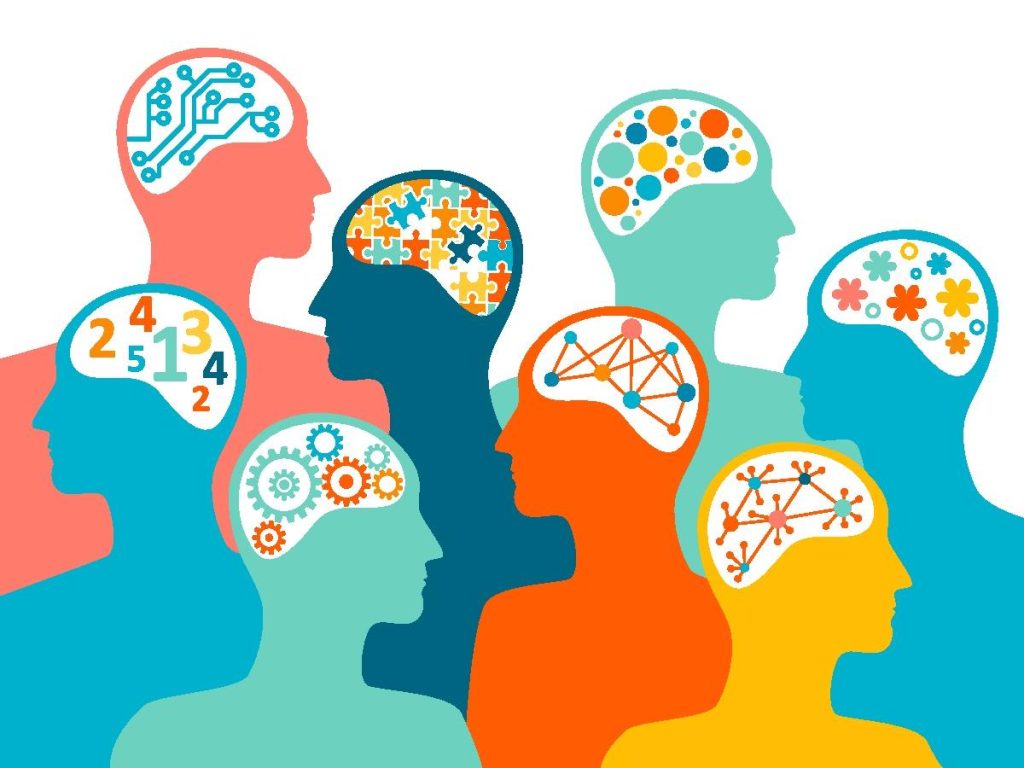Generative AI is beginning to have a significant impact on mental health, with widespread use that could lead to unintended consequences, such as prevalence inflation where individuals may self-diagnose themselves with mental health issues. The increase in mental health awareness has led to a reduction in stigma but has also raised concerns that people without genuine mental health issues may believe they have them due to societal influence and self-diagnostic tools. This could potentially lead individuals down a mental health rabbit hole based on false assumptions and beliefs.
Research has shown that there is a risk of over-diagnosis of mental health illnesses due to the widespread availability of self-diagnostic tools, including generative AI. This prevalence inflation hypothesis suggests that increased awareness efforts may lead individuals to interpret mild distress as mental health problems, ultimately leading to a self-fulfilling prophecy. This impact can be seen across all age groups, from kids and teens to adults, and in various settings such as schools, workplaces, and online platforms.
Generative AI is being increasingly used for mental health advice, with platforms like ChatGPT being utilized by millions of users weekly. These interactions can easily lead to self-diagnosis of mental health conditions, potentially reinforcing false beliefs without proper validation from mental health professionals. The ease of access and conversational nature of generative AI can make individuals believe they have mental health issues even without a formal diagnosis.
Long-term interactions with generative AI can also perpetuate self-diagnosis of mental health conditions, as individuals continue seeking advice and guidance from AI without seeking professional help. This reliance on technology can lead to a delay in seeking appropriate intervention and potentially exacerbate mental health symptoms. Awareness of iatrogenic effects, unintended harm from medical treatment or intervention, is crucial when using generative AI for self-diagnosis to avoid misinterpretation of results, over-reliance on technology, and delay in seeking professional help.
In conclusion, the impact of generative AI on mental health raises important considerations about prevalence inflation and potential iatrogenic effects. It is essential to approach AI-generated diagnoses with caution, seek validation from qualified mental health professionals, and be mindful of the unintended consequences that may arise from self-diagnosis. Balancing the benefits and drawbacks of using generative AI for mental health guidance is crucial in ensuring that individuals receive appropriate care and support while minimizing potential harm.













